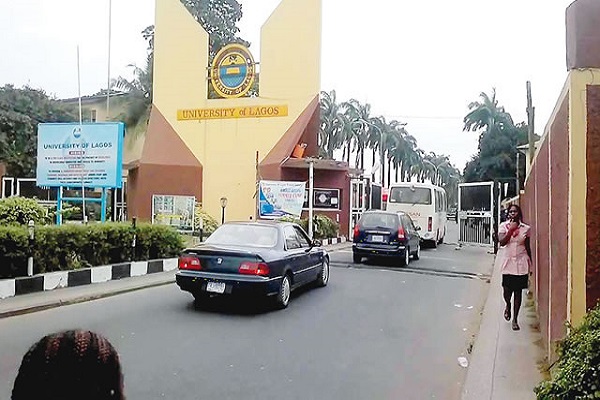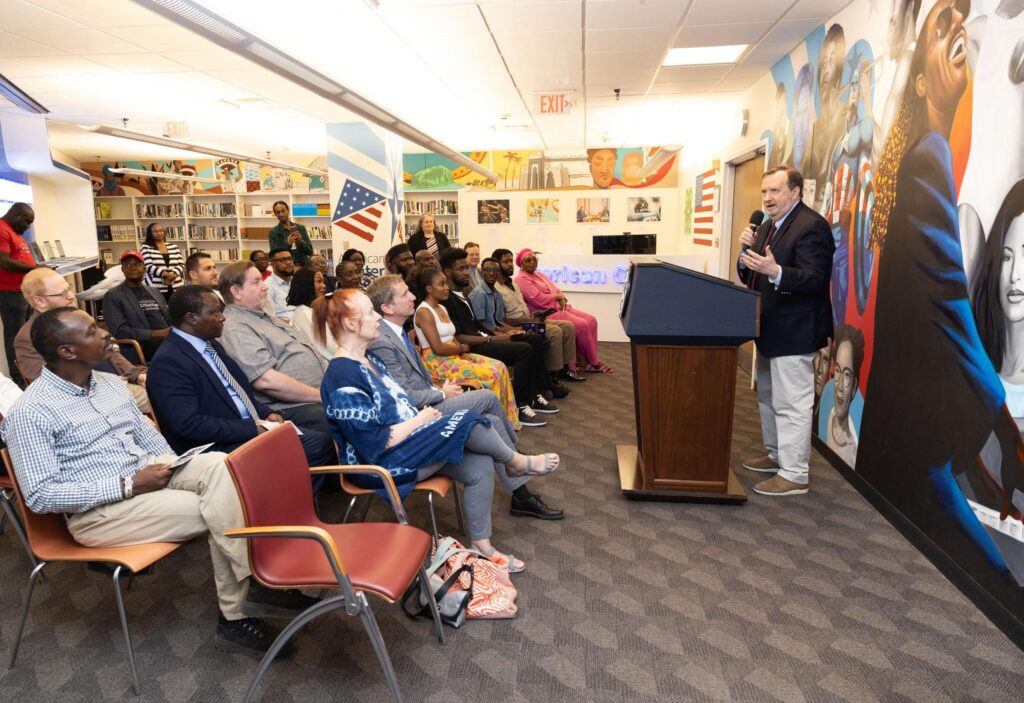
The continued increase in the number of foreign-trained medical and dental graduates who fail the Medical and Dental Council of Nigeria’s assessment examination is a major concern, LARA ADEJORO reports
Every year, thousands of Nigerians aspiring to become medical and dental doctors enroll in foreign universities, spend a fortune on tuition and accommodation fees, and dedicate between four and seven years to pursuing the Bachelor of Medicine, Bachelor of Surgery course.
Most of these students travel to Ukraine, Sudan, Cyprus, Egypt, The Caribbean, Russia, Belarus, India, Hungary, Guyana, Niger Republic, Benin Republic in pursuit of their dreams. But to get a licence to practise in Nigeria, they are required to pass the assessment examination conducted by the Medical and Dental Council of Nigeria.
The MDCN is the body that regulates the practice of Medicine, Dentistry, and Alternative Medicine in the country to safeguard the nation’s healthcare system.
The MDCN conducts the assessment examination twice a year.
The assessment examination tests the candidates’ ability to apply their basic medical sciences and clinical skills in a healthcare setting.
In a recent interview with The PUNCH, the MDCN Registrar, Dr Tajudeen Sanusi, said the assessment examination is a global practice.
“If you train in a particular jurisdiction and you want to go to another jurisdiction, you must subject yourself to an assessment exam. Even if you are a professor of Medicine here and you’ve never practised in the United Kingdom or the United States when you go in there, you must subject yourself to their assessment exam,” he said.
However, the latest data show the investments by the students and their parents are proving to be unproductive for a majority, with over 70 per cent failing to pass the mandatory test required to practise in Nigeria.
According to Sanusi, many medical colleges where Nigerian students attend provide substandard education, and that is one of the reasons they fail the assessment exam.
Hence, the soundness of medical and dental graduates’ courses has been called into question, especially following the progressive decline in pass rates in the assessment examination.
The weak points
The assessment examination at the Usmanu Danfodiyo University Teaching Hospital, Sokoto, in November 2021, showed that only 357 of the 826 foreign-trained medical and dental graduates passed the test.
In June 2022, the council disclosed that no fewer than 469 out of 647 foreign-trained medical and dental graduates failed its assessment test.
In November 2022, a total of 439 out of 916 foreign-trained medical and dental graduates failed the assessment examination.
Also, in July 2023, a total of 529 out of 734 foreign-trained medical and dental graduates failed the examination. The pass rate was barely over 27.4 per cent.
The examination comprises a computer-based test, a picture-based test, and an objective structural clinical examination. Findings show that most of the medical and dental graduates perform poorly in the CBT.
A former National Chairman of the Association of Public Health Physicians of Nigeria, Tanimola Akande, said the type of training exposure of the graduates contributes to the failure rate.
Akande, who is also a professor of Public Health at the University of Ilorin said some of the graduates lack clinical exposure, which is crucial to medical training.
“The curriculum could be such that it makes it difficult for them to pass the examination. In some countries, exposure to clinical skills is not optimal. As far as I know, the standard of the MDCN assessment examination is not higher than what obtains in medical schools in Nigeria.
“Some time ago, opportunities were provided for foreign-trained doctors to have exposure to clinical skills and lecture for a few months in some Nigerian universities, but this is no longer the case. This may contribute to the increasing failure rate,” he said.
-Punch




